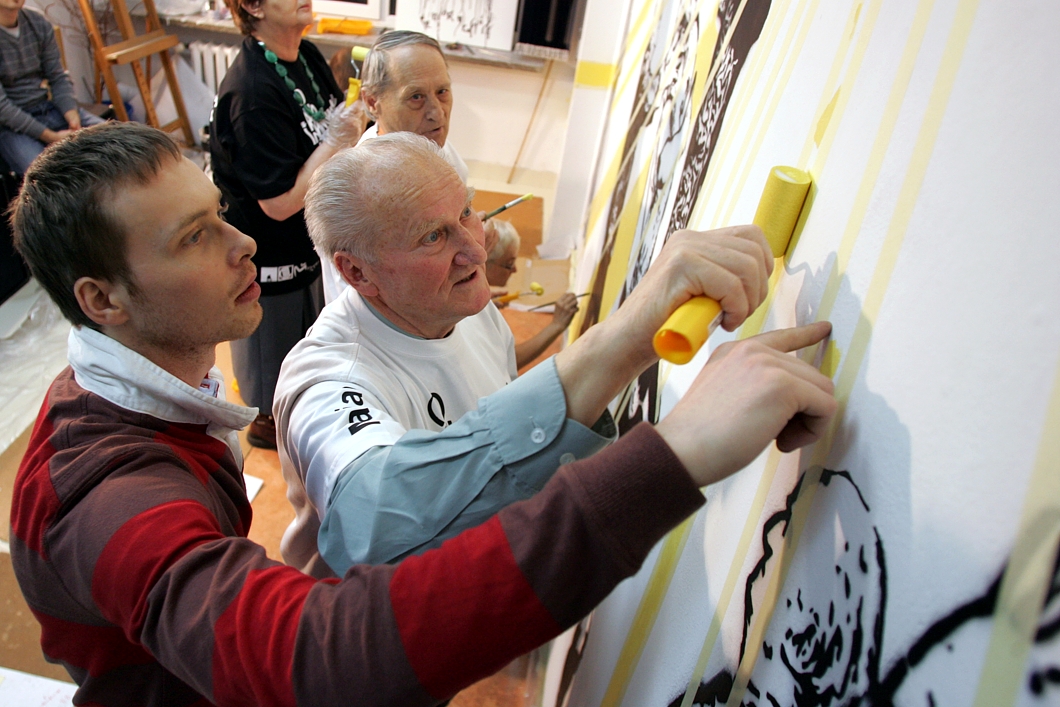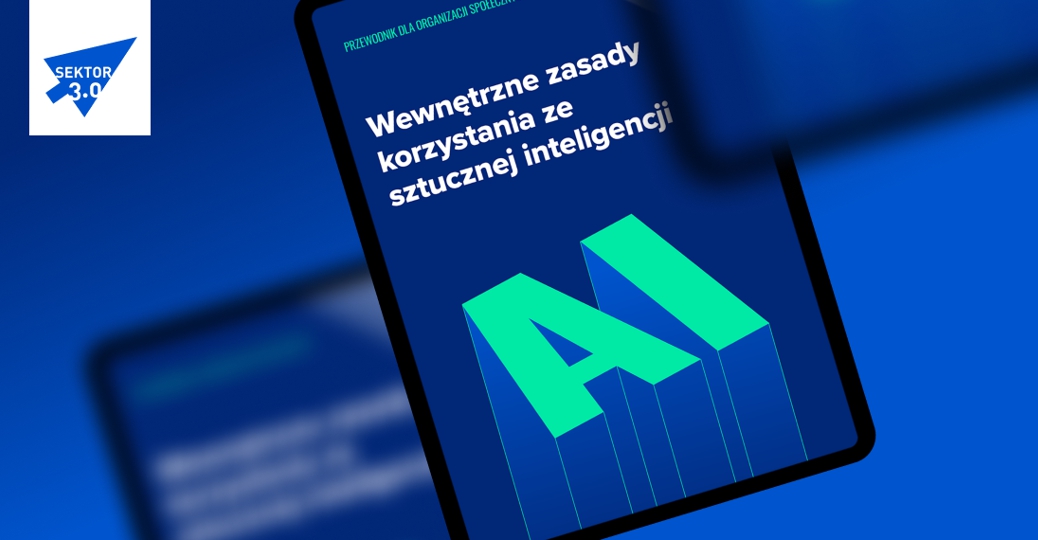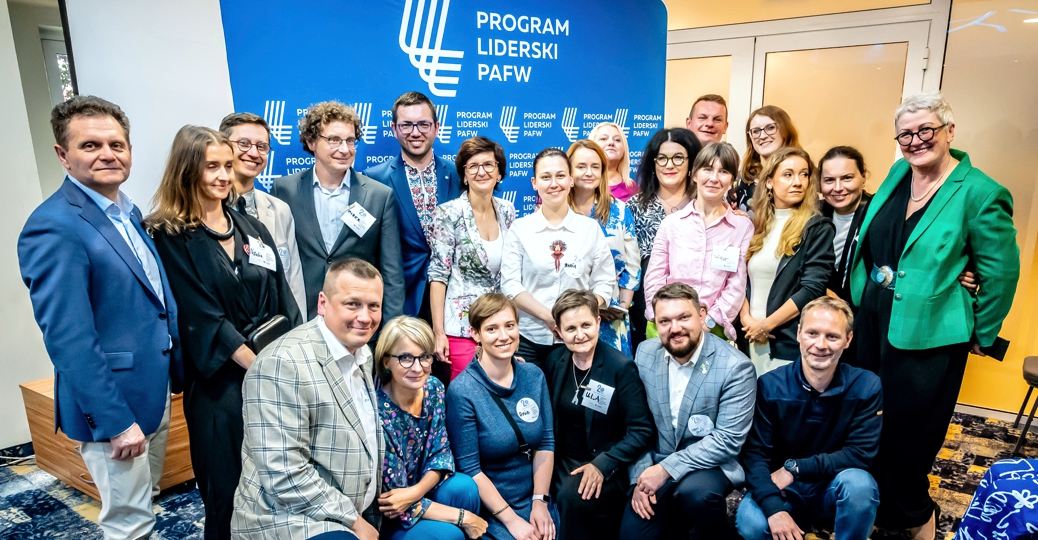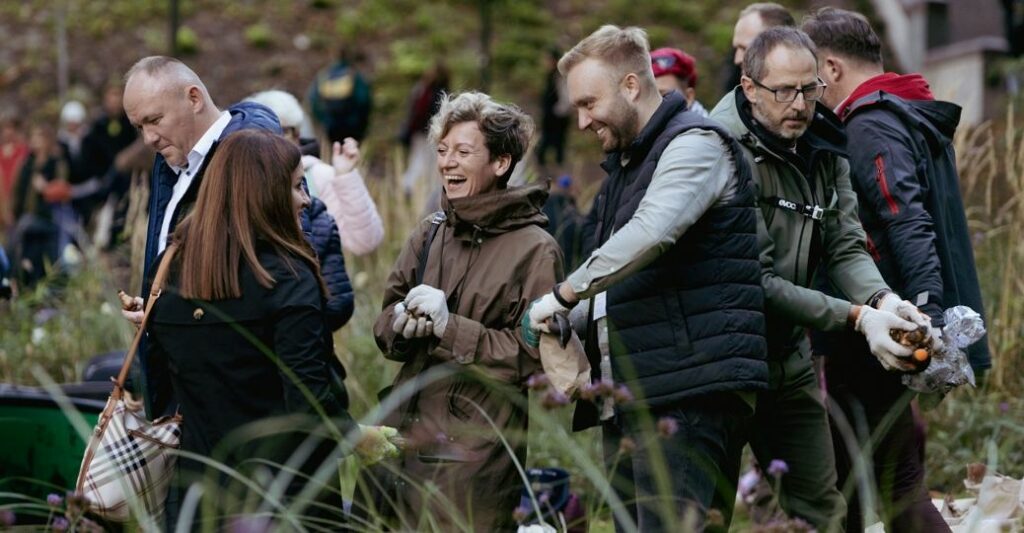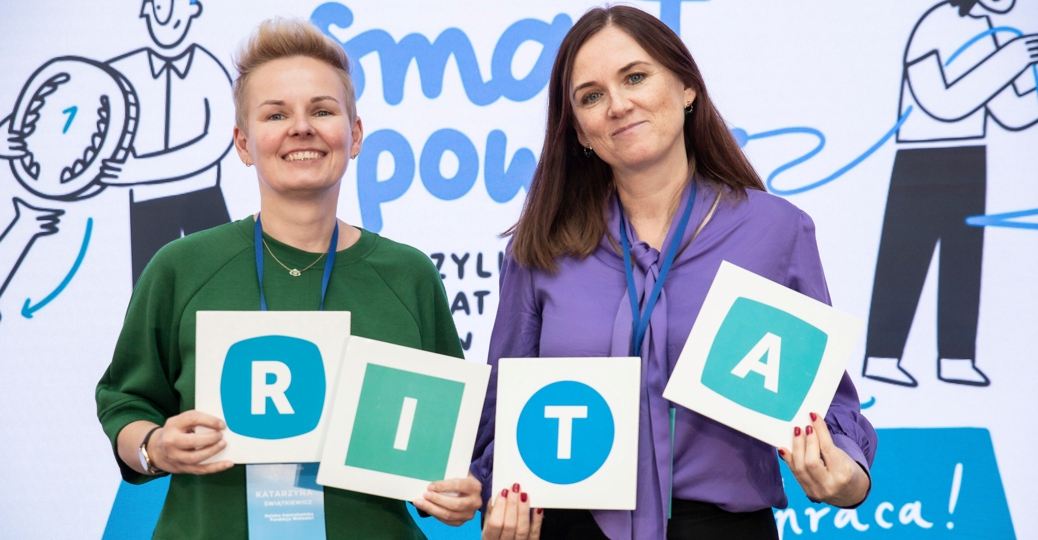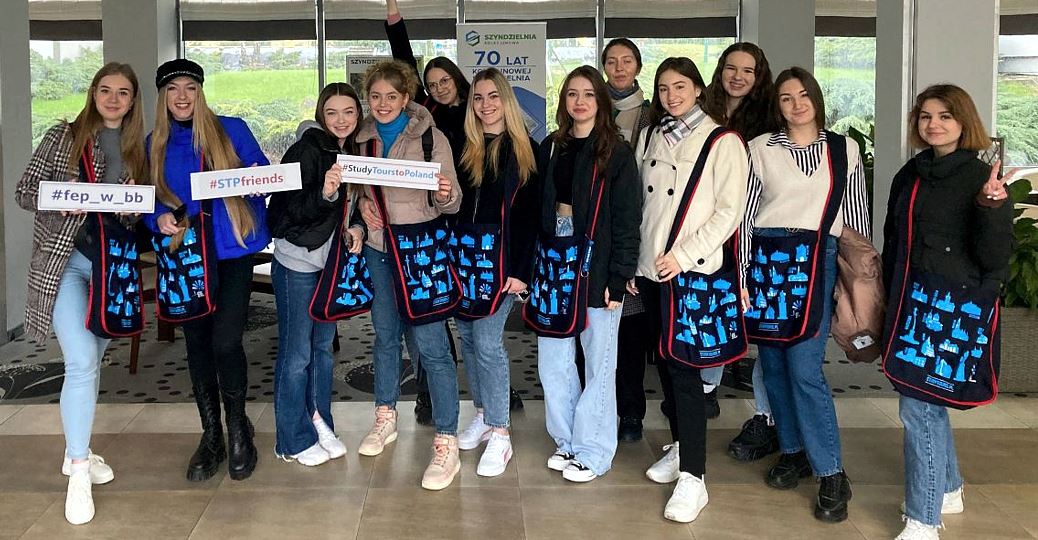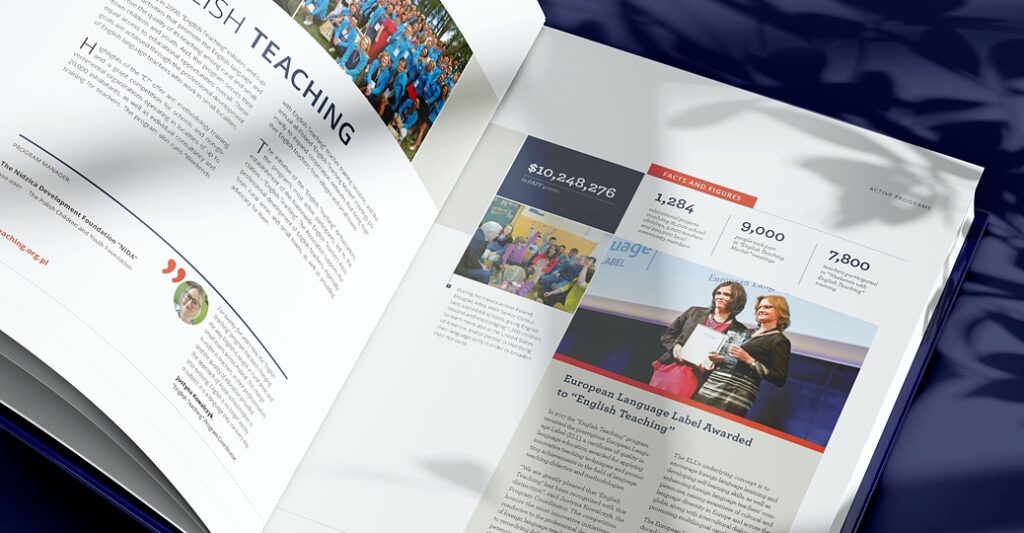We present you with our jubilee publication beginning with the letter from Chairman of PAFF’s Board of Directors Andrew Nagorski and PAFF President Jerzy Koźmiński.
New York/Warsaw, May, 2025
Dear Friends,
It is with great pleasure that we present to you our publication summarizing a quarter-century of the Polish-American Freedom Foundation’s programmatic activity.
The establishment of the Foundation was made possible by the success of the Polish-American Enterprise Fund, which was created at the initiative of U.S. President George H. W. Bush under the “Support for Democracy in Eastern Europe Act” and passed by the U.S. Congress in 1989. During the 1990s, the Enterprise Fund was very active and efficient in supporting the development of a full-fledged market economy in Poland. Thanks to its targeted investments, the Fund was able to generate a robust return on the original fund of $240 million that had been granted by Congress. As agreed by the governments of Poland and the United States the Fund returned half of its initial capital – $120 million – to the U.S. budget while the other half, along with the entire surplus – in total $255 million – was earmarked for the newly established Polish-American Freedom Foundation’s endowment.
The founders of PAFF were motivated by two main goals: to strengthen the outcomes of Poland’s post-1989 changes, and to share the country’s experience of systemic transformation with other nations. For its activities within Poland, the Foundation chose to focus on communities and groups that required particular support during that period of profound change – especially in rural areas and small towns. Two key themes have come to define its programs from the very beginning: levelling the playing field in education, along with improving the general quality of education, and supporting the development of local communities, which also contributes to building social capital. We were guided by the conviction that social capital, which fosters the growth of cooperation networks within communities, and education – its quality and accessibility – were paramount for the country’s long-term development. There were, of course, other factors at play but we chose to focus our efforts on these two, believing that we would be able to meaningfully contribute to them in the long run.
Over the course of its twenty-five years, the Foundation has initiated 40 programs, allocating $288 million of its own funds and securing an additional $293 million from other sources.
This made it possible to award 35,000 scholarships for university studies to young people from low-income families in small localities, to introduce over 200,000 teachers to modern teaching methods, and implement 16,000 local projects reaching hundreds of thousands of beneficiaries. Additionally, 16,000 student volunteers carried out more than 45,000 educational initiatives for 467,000 children and young people. Furthermore, 35,000 leaders and staff of non-governmental organizations, along with other local community organizers, received training aimed at enhancing their skills and competencies.
In line with its original mission, the Foundation was concurrently engaged in sharing with other countries the knowledge that Poland gained during its systemic transformation and integration with the European Union. Since 2000 we have hosted some 16,000 people from Eastern Europe as well as the South Caucasus and Central Asia in Poland, with the largest number – 9,000 – coming from Ukraine. This group included 11,000 student leaders and professionals, 3,700 participants in the “Region in Transition” (RITA) program, and over 1,000 graduates of the Lane Kirkland Scholarship Program.
Most of the Foundation’s programs were designed with a long-term perspective, ensuring they would reinforce and complement one another. The intention was for the initiatives supported by our programs to continue beyond the duration of PAFF’s funding. The Foundation focused on those projects that could be replicated in other locations and communities. Each program placed strong emphasis on engaging local project leaders and building networks for cooperation and the sharing of experiences. Almost all the Foundation’s programs were subject to external evaluation.
This anniversary offers a timely opportunity to showcase the outcomes of projects the Foundation has carried out since its earliest days.
The “English Teaching” program has delivered almost 1,300 educational projects that promote English language learning and inspire valuable community initiatives in small towns and villages.
The “Learning Schools” program has played a unique role for 25 years while offering comprehensive support to over 12,000 schools. The quality of teaching was upgraded through the introduction of research-based solutions and best international practices. The program not only transformed the work of participating teachers and principals but also exerted a tangible influence on the entire education system in Poland. Best practices promoted over the years, such as formative assessment, have now become embedded in mainstream education.
The “Act Locally” program was the first initiative to systematically offer grants for community activation in small localities. The program provided support for 15,000 civic initiatives aimed at solving local problems and stimulating development aspirations. Nearly 7 million people have been engaged in these projects, including over 260,000 volunteers. Now in its 25th year, the “Act Locally” program has evolved through a long path of organic development and stands out as a unique initiative at the European level. Since 2004 the Act Locally Centers’ network has grown from 15 to 78 organizations now covering 673 communities and awarding grants through open grant competitions.
The ngo.pl Portal was established in 2000 and continues to expand its range of resources. It has long served as an important part of Poland’s third-sector infrastructure, with approximately 4 million users benefiting from it last year.
The Foundation’s first international initiative was the Lane Kirkland Scholarship Program. Over a thousand of its alumni are now leaders in social, economic, and political activities in thirteen countries of the region.
The “Region in Transition” (RITA) program was another of PAFF’s long-term international undertakings which was launched in 2000. Under this program Polish NGOs carried out 1,234 projects, sharing Poland’s experience in socio-economic transformation and European integration with their partners in the East.
In the following years the Foundation launched a series of other programs, most of which are still ongoing. As a result of cooperation with the Bill and Melinda Gates Foundation, PAFF received a grant of $31 million to carry out the Library Development Program in Poland, part of the international “Global Libraries” undertaking. The Library Development Program transformed 4,200 Polish libraries in small towns and villages into modern centers of education, culture, and information, teeming with civic activity. Over 12,000 librarians participated in training workshops while their institutions received modern computer equipment, software, and free Internet access.
A unique institution – the School of Education of the Polish-American Freedom Foundation and the University of Warsaw – has been operating in Warsaw for almost ten years now. The curriculum was developed in collaboration between PAFF and Columbia University Teachers College in New York and has, since its inception, been setting new standards in the professional training of teachers. The School of Education runs the first full-time postgraduate program in Poland, combining intensive practical training with academic instruction; 220 participants have completed the program to date. In addition, more than 11,000 in-service teachers have taken advantage of the School’s part-time programs, workshops, and training opportunities. Today the School of Education is synonymous with high-quality teacher education; various events promoting its methods have attracted the interest of 21,000 people. Experts from the School of Education as well as the “Learning Schools” program have been instrumental in shaping Poland’s education policy over many years. Their role gained special significance in the beginning of 2024, when they were invited to contribute to the changes in Polish education, including the new core curriculum.
Since the very beginning of Russia’s invasion the Foundation has been actively supporting Ukraine, working in partnership with other non-governmental organizations. PAFF carries out this task through both its national and international programs. Immediately after the outbreak of the war, it offered material and financial support for the civilian population in Ukraine, providing medical equipment, medicine, food, and transportation. It also took an active role in initiatives aimed at supporting war refugees in Poland. The Foundation promptly launched a new program – “Support for Ukraine” – targeting Polish civil society organizations involved in assisting Ukrainian refugees in Poland and civilians in Ukraine. To date, PAFF has allocated 13 million PLN to this program, which has directly benefited 97,000 refugees residing in Poland and 160,000 individuals in Ukraine. In addition, PAFF Program Managers have secured 32 million PLN from other sources in support of Ukraine-related activities.
While the figures cited above help convey the scope of the Foundation’s activities, they also reveal the extraordinary efforts of many individuals behind the scenes. In this anniversary year of the Foundation, we wish to express our deep gratitude to all our partners, community leaders, non-governmental organizations, and other institutions involved in PAFF programs. Above all, we extend our sincere thanks to the organizations that served as Program Managers – in every case, our shared success was made possible by teams of capable, creative, and dedicated people.
We would also like to extend our gratitude and appreciation to the Members of the Foundation’s Board of Directors. We can always rely on their support, commitment, knowledge, and experience. We truly regret that not all of them lived to witness our 25th anniversary. We are missing John P. Birkelund, who served as Chairman of the Board of Directors until 2012, Zbigniew Brzeziński, Frederick M. Bohen, Colin G. Campbell, John H. D’Arms, Robert G. Faris, Aleksander Koj and Nicholas A. Rey.
In this anniversary year, we would like to express our most sincere thanks to all our outstanding co-workers and associates; none of the Foundation’s achievements would have been possible without the daily commitment of the PAFF team.
We close this 25-year chapter with a sense of tasks well-accomplished. Throughout this time the Foundation has consistently pursued the goals set at its inception, while adapting its activities to changing circumstances: most recently, the global pandemic, the outbreak of war in Ukraine, and the ongoing wave of the digital revolution. We firmly believe that the valuable experience gained over the past quarter-century, combined with the steadfast support of our partners, will enable the Foundation to evolve and successfully continue its mission for many years to come.
Andrew Nagorski
Chairman of the Board of Directors
Jerzy Koźmiński
President and Chief Executive Officer









